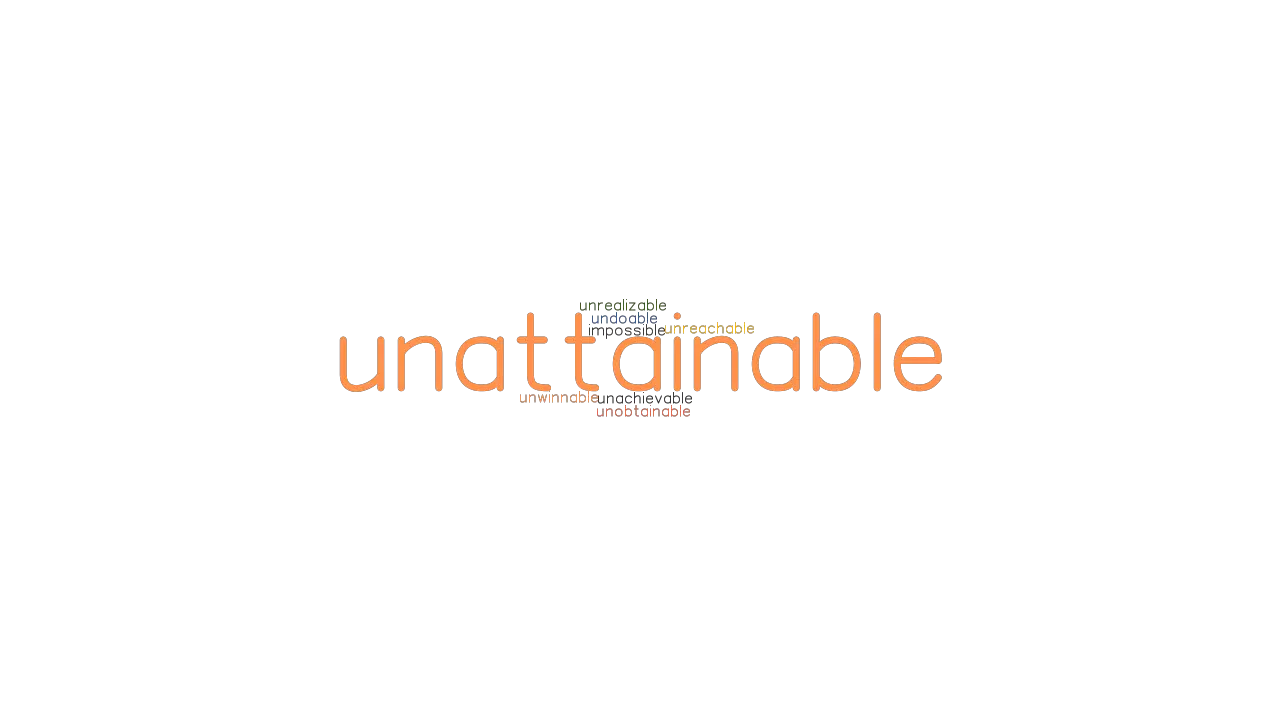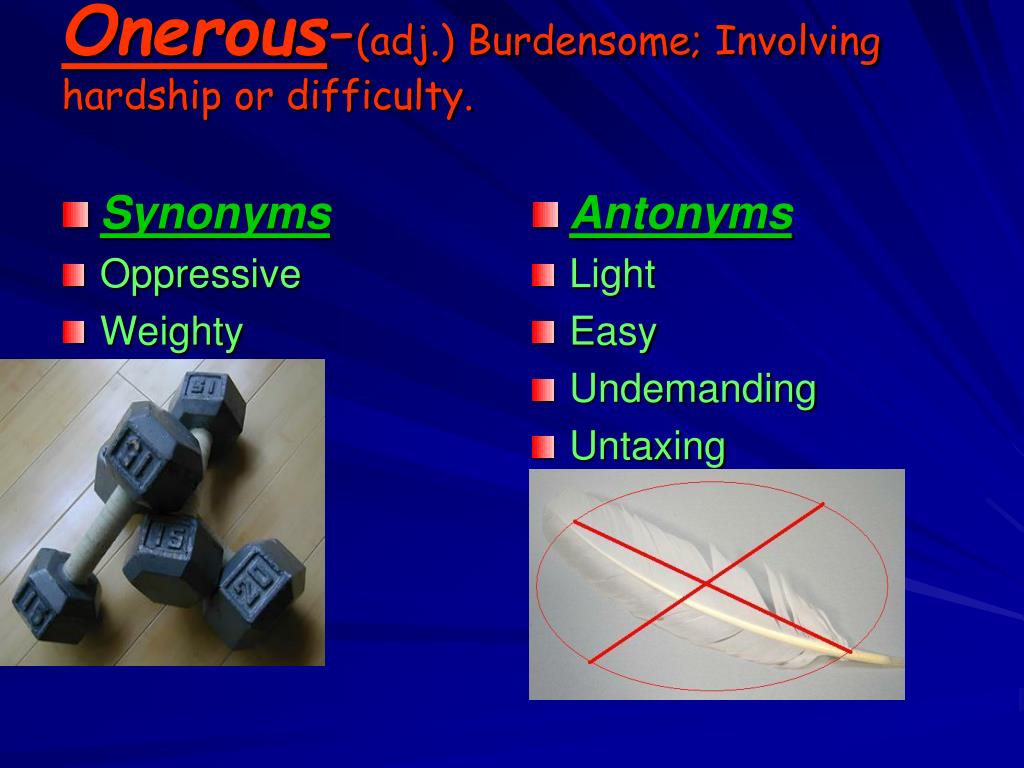
What is involved in actually creating and using a deep learning model?.What has been your experience in that regard, and what recommendations do you have for practitioners to reduce their complexity? I understand that deployment and maintenance of models in production environments is also difficult.
ALMOST IMPOSSIBLE SYNONYM CODE
How much flexibility and code reuse is possible when trying to repurpose one model pipeline for a slightly different dataset or use case?

One of the critiques of deep learning is that the models are generally single purpose.Now that it is published, is there anything that you would have done differently?.Which libraries did you focus on for your examples and what was your selection process?.Because of the continually evolving nature of the field of deep learning and the associated tools, how have you guarded against obsolescence in the content and structure of the book?.What were some of the biggest challenges in determining which domains to highlight and how deep in each subtopic to go?
 The sequencing of the book follows a useful progression from general background to specific uses and problem domains. How did you determine what to include and what to leave out of the book?. How would you characterize the target audience and what level of familiarity and proficiency in employing deep learning do you wish them to have at the end of the book?. While planning the contents of the book what was your thought process for determining the appropriate level of depth to cover?. How did the idea of including illustrations come about and what benefit do they provide as compared to other books on this topic?. What was your motivation for writing a book on the subject?. What are some of the ways that you leverage deep learning techniques in your work?. How does your background in neuroscience factor into your work on designing and building deep learning models?. Can you start by giving a brief description of what we’re talking about when we say deep learning and how you got involved with the field?. Your host as usual is Tobias Macey and today I’m interviewing Jon Krohn about his recent book, deep learning illustrated. Go to /conferences to learn more about these and other events, and take advantage of our partner discounts to save money when you register today. Upcoming events include the combined events of the Data Architecture Summit and Graphorum, the Data Orchestration Summit, and Data Council in NYC. We have partnered with organizations such as O’Reilly Media, Dataversity, Corinium Global Intelligence, Alluxio, and Data Council. For even more opportunities to meet, listen, and learn from your peers you don’t want to miss out on this year’s conference season. You listen to this show to learn and stay up to date with the ways that Python is being used, including the latest in machine learning and data analysis. And don’t forget to thank them for their continued support of this show! Go to /linode to get a $20 credit and launch a new server in under a minute. And for your tasks that need fast computation, such as training machine learning models, they just launched dedicated CPU instances. With 200 Gbit/s private networking, scalable shared block storage, node balancers, and a 40 Gbit/s public network, all controlled by a brand new API you’ve got everything you need to scale up. When you’re ready to launch your next app or want to try a project you hear about on the show, you’ll need somewhere to deploy it, so take a look at our friends over at Linode.
The sequencing of the book follows a useful progression from general background to specific uses and problem domains. How did you determine what to include and what to leave out of the book?. How would you characterize the target audience and what level of familiarity and proficiency in employing deep learning do you wish them to have at the end of the book?. While planning the contents of the book what was your thought process for determining the appropriate level of depth to cover?. How did the idea of including illustrations come about and what benefit do they provide as compared to other books on this topic?. What was your motivation for writing a book on the subject?. What are some of the ways that you leverage deep learning techniques in your work?. How does your background in neuroscience factor into your work on designing and building deep learning models?. Can you start by giving a brief description of what we’re talking about when we say deep learning and how you got involved with the field?. Your host as usual is Tobias Macey and today I’m interviewing Jon Krohn about his recent book, deep learning illustrated. Go to /conferences to learn more about these and other events, and take advantage of our partner discounts to save money when you register today. Upcoming events include the combined events of the Data Architecture Summit and Graphorum, the Data Orchestration Summit, and Data Council in NYC. We have partnered with organizations such as O’Reilly Media, Dataversity, Corinium Global Intelligence, Alluxio, and Data Council. For even more opportunities to meet, listen, and learn from your peers you don’t want to miss out on this year’s conference season. You listen to this show to learn and stay up to date with the ways that Python is being used, including the latest in machine learning and data analysis. And don’t forget to thank them for their continued support of this show! Go to /linode to get a $20 credit and launch a new server in under a minute. And for your tasks that need fast computation, such as training machine learning models, they just launched dedicated CPU instances. With 200 Gbit/s private networking, scalable shared block storage, node balancers, and a 40 Gbit/s public network, all controlled by a brand new API you’ve got everything you need to scale up. When you’re ready to launch your next app or want to try a project you hear about on the show, you’ll need somewhere to deploy it, so take a look at our friends over at Linode. 

Hello and welcome to Podcast._init_, the podcast about Python and the people who make it great.Go to /linode today and get a $100 credit to launch a new cluster, run a server, upload some data, or… And don’t forget to thank them for being a long time supporter of Podcast._init_! With the combined power of the leading container orchestrator and the speed and reliability of Linode’s object storage, node balancers, block storage, and dedicated CPU or GPU instances, you’ve got everything you need to scale up. Do you want to try out some of the tools and applications that you heard about on Podcast._init_? Do you have a side project that you want to share with the world? With Linode’s managed Kubernetes platform it’s now even easier to get started with the latest in cloud technologies.








 0 kommentar(er)
0 kommentar(er)
